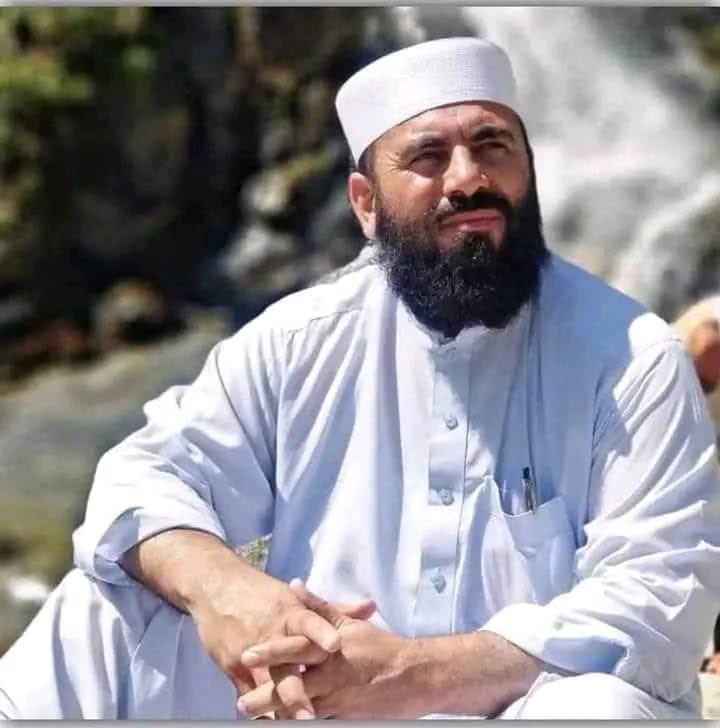ISLAMABAD: Two people, including a senior leader of the Awami National Party (ANP), were shot dead by unidentified assailants in Pakistan’s northwestern Khyber Pakhtunkhwa (KP) province on Thursday, the chief minister’s office said.
Maulana Zeb Khan, a leader of the Awami National Party (ANP), was shot dead along with another person in KP’s Bajaur tribal district by unknown persons, the chief minister’s office said. English language newspaper Dawn quoted police as saying that the politician was shot dead in Bajaur’s Shindai Mor while campaigning for a peace parade scheduled for July 13 when he was attacked.
ANP spokesperson Ihsan Ullah paid tribute to Khan, saying he frequently spoke out against militants and was a key member of the party, serving as its central secretary of ulema affairs.
“Two people, including Maulana Khan Zeb, were killed in Bajaur in a firing incident by unidentified assailants,” KP Chief Minister’s Office said in a statement, adding that Chief Minister Ali Amin Gandapur condemned the incident.

This handout photo, released by Awami National Party, shows ANP’s senior leader Maulana Zeb Khan. (Photo courtesy: ANP)
No group has so far claimed responsibility for the incident.
The KP chief minister directed authorities to prepare a report on the incident and ordered immediate action against those responsible for Khan’s killing.
The incident takes place amid an alarming surge in militant attacks, especially in KP’s tribal districts such as Bajaur, in recent years. Despite past military operations, recent attacks on security forces, clerics and politicians highlight growing instability in the area.
Pakistan says Afghanistan-based militant groups launch attacks inside Pakistani territory, a claim Kabul has strongly denied. Islamabad also blames New Delhi for funding and arming these militant groups, which India also denies.













